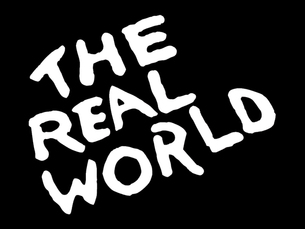
Growing up, I was tired of “the real world.” Every authority figure in my life cited “the real world.” Teachers told me I needed to be ready for the real world. Scoutmasters wanted to teach me real world skills. Clergy declared I needed to be prepared for the real world.
Of course family members constantly invoked “the real world” with specific instructions. I was expected to complete an education and get a job. My own family would take shape and I would “settle down.” Settling down was even more vague, but clearly it meant giving up much I valued as a child. “The real world” became a threat. Childish things were to be dismantled so I could become real.
It didn’t require the warnings of authority figures. The “real world” intruded upon my life soon enough. I was forced to admit that I could not become the great athlete I had imagined. I also couldn’t do math and that narrowed options further. I was terribly shy and hardly the life of the party, and that meant working harder socially as well as academically.
In short, “the real world” at first meant that there were limits, and that many of my childish imaginations were no more than that. Much that fired the imagination went no farther. I could not do anything I wanted to do, or be anything I wanted to be. That was myth.
But “the real world” also brought unimagined opportunities. Above all I discovered other people who had bumped into their own individual limits. Together we found we could do things we could not do alone. We shaped both confidence and skill. Community became real, faith took shape. “The real world” proved better than I imagined.
William L. Sachs
Of course family members constantly invoked “the real world” with specific instructions. I was expected to complete an education and get a job. My own family would take shape and I would “settle down.” Settling down was even more vague, but clearly it meant giving up much I valued as a child. “The real world” became a threat. Childish things were to be dismantled so I could become real.
It didn’t require the warnings of authority figures. The “real world” intruded upon my life soon enough. I was forced to admit that I could not become the great athlete I had imagined. I also couldn’t do math and that narrowed options further. I was terribly shy and hardly the life of the party, and that meant working harder socially as well as academically.
In short, “the real world” at first meant that there were limits, and that many of my childish imaginations were no more than that. Much that fired the imagination went no farther. I could not do anything I wanted to do, or be anything I wanted to be. That was myth.
But “the real world” also brought unimagined opportunities. Above all I discovered other people who had bumped into their own individual limits. Together we found we could do things we could not do alone. We shaped both confidence and skill. Community became real, faith took shape. “The real world” proved better than I imagined.
William L. Sachs
 RSS Feed
RSS Feed
